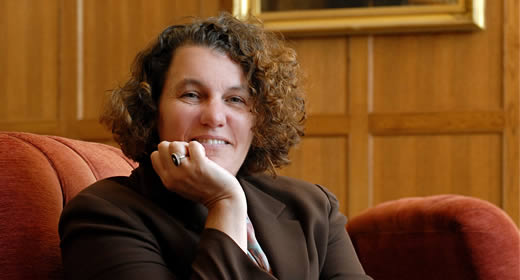
Community colleges throughout the United States have low graduation rates, yet preliminary evidence from a new randomized trial suggests an effective policy prescription, write Susan Dynarski and Meghan Oster. Their article, “Fulfilling the promise of community college: The ASAP demonstrations,” is the latest “Evidence Speaks” report for the Brookings Institution.
The City University of New York, in partnership with the research firm MDRC, has been studying the effects of “an innovative program of wrap-around support services known as Accelerated Study in Associate Programs” (ASAP). The program, Dynarski and Oster write, “was intended to help students get over any barriers that lie between them and graduation.” Students in the treatment group received financial support, textbook waivers, and early access to registration, and were required to learn new academic strategies and to meet frequently with advisors.
Initial results from the New York trial were promising. The program doubled three-year graduation rates while reducing the total cost per graduate. To test whether the program would work elsewhere, CUNY and MDRC partnered with three community colleges in Ohio.
“Results from the first year of the pilots [in Ohio] are positive,” write Dynarski and Oster. They add: “ASAP-style programs work not only in Manhattan but also in the Midwest.” Treated students were more likely to enroll in classes, and attempted and earned more credits.
Dynarski and Oster conclude the findings suggest a politically feasible, effective way to improve community colleges, noting the initiative did not require new legislation or state funding. They write, “These partnerships among schools, and with foundations, provide a model for community colleges to launch programs that improve outcomes for their students, even in the absence of any new state or federal policies.”
Susan Dynarski is a professor of public policy at the Gerald R. Ford School of Public Policy, a professor of education at the University of Michigan's School of Education, and a professor of economics at the University of Michigan's College of Literature, Science, and the Arts. She is co-founder and co-director of the Ford School’s Education Policy Initiative, which engages in applied, policy-relevant research designed to improve educational achievement and outcomes.
More news from the Ford School